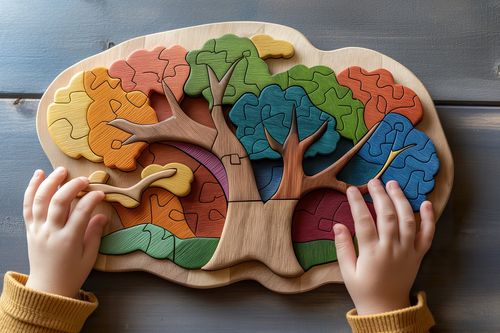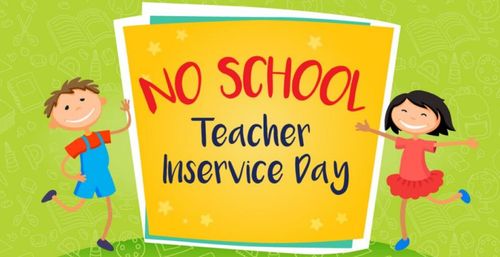Dual-Language Learning (Ages 2 months–6 years)
At Language Garden Montessori, our bilingual program introduces children ages 2 months to 6 years to both English and Mandarin in a seamless, immersive way. Unlike programs that alternate between languages by day or subject, our students experience both languages side-by-side—naturally and consistently.
Children learn to communicate in both English and Mandarin through songs, stories, conversations, and hands-on activities. This approach supports early fluency while also enhancing memory, cognitive flexibility, and cultural understanding.
Whether your child is just beginning their language journey in the toddler years or continuing to build bilingual confidence in kindergarten, our program adapts to each developmental stage. We meet children where they are and guide them to become strong, curious communicators in both languages.
Discover Our Dual-Language Difference

Bilingual Montessori Program
Cultivating Artistic Expression
Our classrooms don't split language instruction by time or location. Instead, children hear and use both English and Mandarin every day, with bilingual teachers modeling vocabulary and conversation naturally. This helps language skills develop just like they do at home—in context and with real meaning.
Simplified and Traditional Characters
We introduce children to both simplified and traditional Chinese characters, giving them a more complete understanding of written Mandarin. This flexibility benefits children whose families speak different dialects or who may continue their education in various regions or school systems.
Pinyin & Bopomofo (Zhuyin)
To support reading and pronunciation, we teach both Pinyin (commonly used in mainland China) and Bopomofo (Zhuyin, used in Taiwan). By learning both systems, children gain a deeper phonetic foundation and the confidence to recognize Mandarin in multiple forms.
Global Cultural Awareness
Language is more than words—it’s a window into culture. Our bilingual classrooms celebrate traditions from Chinese-speaking communities and around the world, helping children build empathy, curiosity, and a genuine appreciation for diversity.
The Benefits of Bilingual Montessori Education



